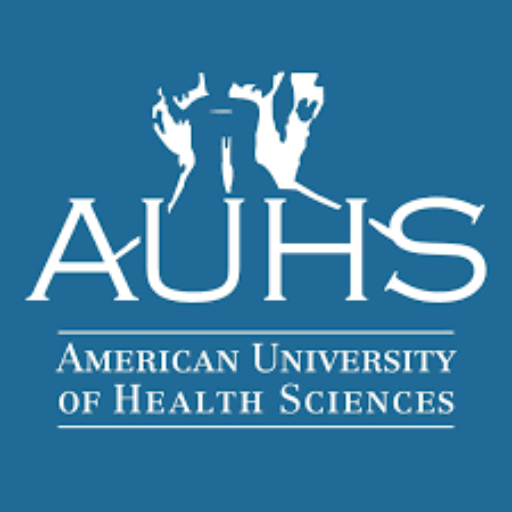Communication
- Read, write, speak, and comprehend English with sufficient mastery to communicate clearly (understanding and being understood) and professionally with faculty, preceptors, administrators, staff, peers, patients and other health care professionals in a mature, sensitive and professional manner that reflects the primary traits and the core values of the college.
- Communication includes both verbal and non-verbal expression, reading, writing, and computer skills essential to complete didactic and clinical curricular requirements.
- Retain, recall and deliver information in an efficient and timely manner.
- Participate in class discussions/group projects/practice labs for the purpose of delivery and receipt of medical information.
- Recognize both verbal and non-verbal communication including facial expression and body language.
- Demonstrate awareness of and appropriately communicate verbally and non-verbally.
- Record accurately and legibly in patients’ records, demonstrating the knowledge of the meaning and spelling of words, rules of composition and grammar.
- Explain to other health care professionals, to patients, and/or to caregivers reason for treatment, preventative measures, disease process and need for referral.
- Use computers and other technology to accurately record information and convey critical health-related documentation.
